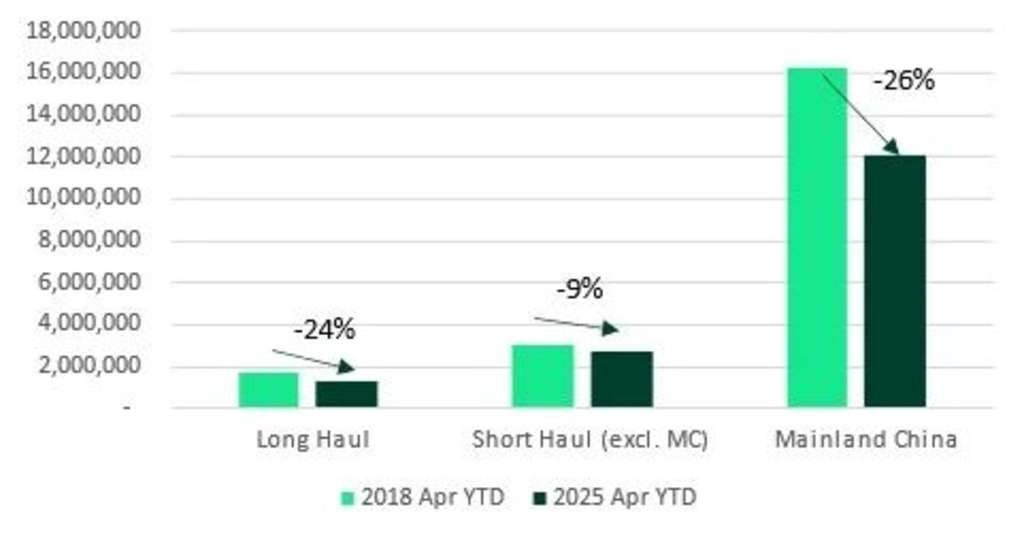
Illustration: Chen Xia/GT
Global capital flows have confirmed that international investors’ confidence in Hong Kong’s financial market is further strengthening, Hong Kong Financial Secretary Paul Chan Mo-po stated in an online post on Sunday.
As of the end of March, the number of registered funds in Hong Kong reached 976, recording net inflows of more than $44 billion compared with the same point last year, an increase of 285 percent year-on-year. It is expected that within the next two to three years, Hong Kong will become the world’s largest cross-border asset management center, Chan noted.
As the world braces for uncertainties, Chan’s remark again highlighted the appeal and potential of Hong Kong’s financial market.
As a financial hub, Hong Kong has long boasted advantages like a highly open market environment, efficient financial infrastructure, and a professional pool of financial talent. These traditional strengths have provided global funds with safe and efficient investment and asset management services, cementing Hong Kong’s position as a stable and reliable international financial hub.
Moreover, besides the traditional financial services sector, Hong Kong is actively expanding its horizons, particularly in other areas like digital finance, reaffirming its determination to be a financial innovation powerhouse. In Sunday’s post, Chan said that the Hong Kong Special Administrative Region (HKSAR) government will soon unveil its second policy statement on the development of virtual assets, and the city’s Stablecoins Bill that the HKSAR government previously passed will be effective from August 1.
The upcoming policy statement may offer a clear direction for the development of digital assets in Hong Kong. Innovative measures such as issuing regulated stablecoins are strategically designed to elevate Hong Kong’s influence, rule-making power and position in the global digital financial ecosystem. These innovations are vital for injecting new dynamism into its status as an international financial center.
The support of the central government has always been a crucial guarantee behind Hong Kong’s development trajectory. The 14th Five-Year Plan (2021-25) supports Hong Kong in enhancing its status as an international financial center, strengthening Hong Kong’s development as a global offshore yuan hub, an international asset management center and a risk management center.
In a press briefing in March, Lou Qinjian, spokesperson for the third session of the 14th National People’s Congress, China’s national legislature said that Hong Kong and Macao have always been an important “window” for the country’s opening-up. The two SARs have held a unique place in the country’s more than four decades of history in reform and opening-up, and both have also made “huge contributions” and are “irreplaceable.” This positioning underscores Hong Kong’s vital role in the central government’s financial strategy, as the city is crucial not only for national financial security but also for the nation’s financial opening-up.
The global financial market is undergoing profound changes, with geopolitical conflicts, a wave of technological revolution, and the demand for green transformation intertwined, bringing both severe challenges and boundless opportunities. In this complex and ever-changing situation, Hong Kong’s financial market has demonstrated strong resilience and adaptability.
As a vital window for exchanges between the Chinese mainland and the rest of the world, Hong Kong, with its unique advantage of “internal connectivity and external outreach,” makes it an important bridge connecting the mainland and global financial markets. In the traditional financial sector, Hong Kong, with its mature financial system and rich market experience, provides broad financing channels and diversified financial services for mainland enterprises, helping them go global. This unique advantage positions Hong Kong prominently in the global financial market while also offering vast space for its future development.
With the implementation of various policies and the continuous evolution of the global financial landscape, Hong Kong is poised to play an even more significant role in safeguarding national financial security and fostering financial innovation.








